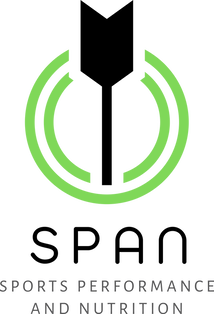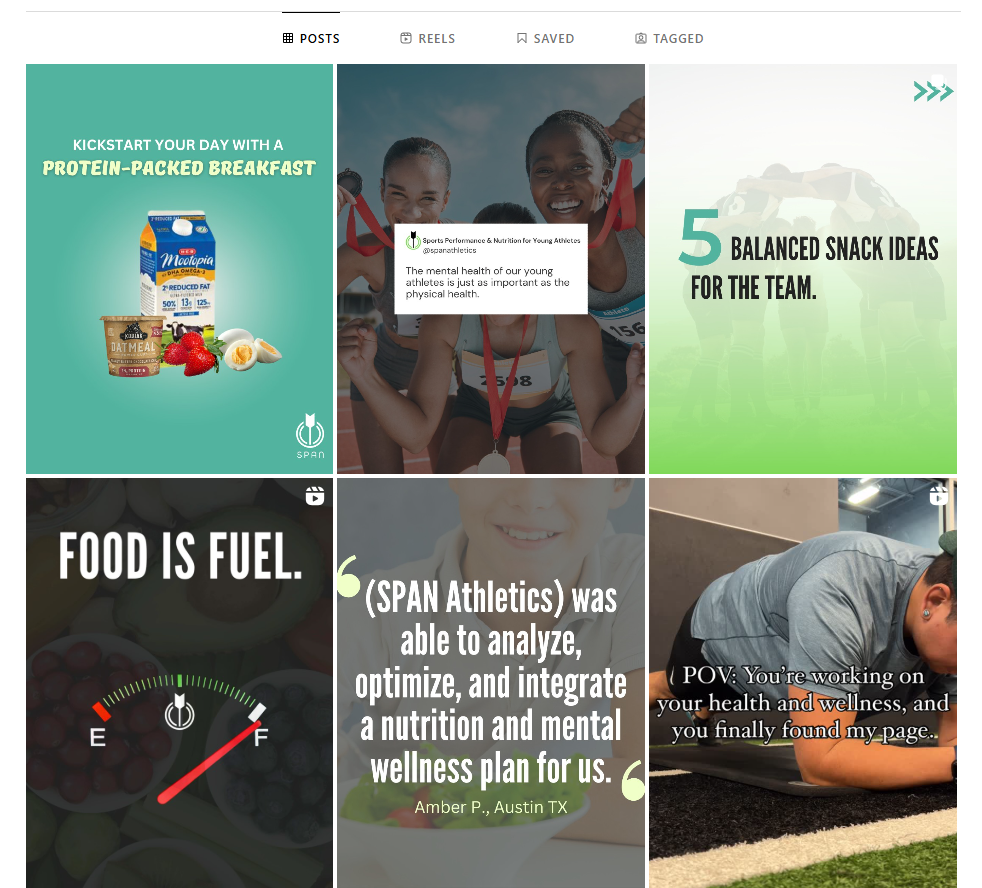Meal & Snack Timing for young athletes
Proper meal timing can be the difference between feeling energized during training, becoming sick to one’s stomach, or struggling through each drill. The timing of nutrient intake plays a crucial role in maximizing athletic performance, supporting recovery, and maintaining consistent energy levels throughout practice sessions and competitions. Understanding when to consume specific nutrients and when not to, allows young athletes to optimize their training adaptations and performance outcomes while supporting their growing bodies' demands.
The pre-training meal window, occurring 2-4 hours before activity, requires careful consideration of both portion size and food choices. A balanced meal containing moderate amounts of protein and fat, along with a larger portion of complex carbohydrates, provides sustained energy without causing digestive discomfort during training. Consuming approximately 2-4 grams of carbohydrates per kilogram of body weight during this timeframe helps maintain stable blood sugar levels and ensures adequate glycogen stores for the upcoming activity.
Athletes who may have less time for training or competition should aim for eating a smaller snack 1-2 hours prior, focusing on easily digestible carbs as a readily available source of fuel that will not create a feeling of fullness, bloating or sluggishness during activity and reducing the total amount of carbohydrates to 1-2 grams per kilogram body weight.
Athletes who train early in the morning face unique nutritional challenges that require specific strategies to maintain performance quality. When training sessions begin within an hour of waking, consuming a smaller, easily digestible snack containing 15-45 grams of
carbohydrates and 10-20 grams of protein can provide the necessary fuel without causing gastrointestinal distress. Options such as a banana with peanut butter and a glass of milk or a bowl of oatmeal with berries or a nutritious shake offer practical solutions for these situations.
However, athletes should evaluate these goals on an individual basis with their nutrition coach if for example they are looking to gain muscle mass, and most morning workouts are spent in the weight room for conditioning practice vs in the field in high endurance activity. The immediate pre-training window, spanning the 30-60 minutes before exercise, presents an opportunity to top off energy stores with rapidly digestible carbohydrates. Consuming 15-30 grams of simple carbohydrates during this time if the athlete's last meal was more than 3-4 hours prior, to help maintain blood glucose levels and prevent early onset fatigue. This approach becomes particularly important for training sessions lasting longer than 90 minutes or during high-intensity interval training where glycogen demands are substantially higher.
Post-training nutrition timing significantly influences recovery outcomes and subsequent performance capabilities. The 30-minute window immediately following exercise represents a crucial period when muscles are most receptive to nutrient uptake. Consuming 20-30 grams of high-quality protein alongside 1-1.2 grams of carbohydrates per kilogram of body weight initiates muscle repair processes and replenishes depleted glycogen stores effectively. While the post training recovery window is critical for repairing muscle it also helps to support overall immune function and reduce the risk of illness from immune suppression if athletes are refueling within the 30 min recovery window post exercise.
The extended recovery period, spanning 3-4 hours post-exercise, requires structured meal timing to optimize adaptation and prepare for subsequent training sessions. Athletes should aim to consume a balanced meal during this window, containing lean protein sources, complex carbohydrates, and healthy fats. This approach supports continued muscle protein synthesis, completes glycogen replenishment, and provides essential nutrients for overall recovery and growth.
Competition days demand modified timing strategies to maximize performance potential. Pre-competition meals should be consumed 3-4 hours before event time and pre competition snacks at least 30-60 mins prior, allowing for complete digestion and optimal nutrient availability. The meal should provide 1-4 grams of carbohydrates per kilogram of body weight, depending on the event's duration and intensity, along with moderate amounts of protein and limited fat to prevent digestive issues during competition. Snacks should provide 15-30 grams of simple carbohydrates to enable quick access to fuel the body needs to perform. Keep in mind, consuming a sports drink can help act as both a snack and hydration for many young athletes pre competition. Student athletes may face additional complexity in the case their school setting may not allow for students to consume additional hydration beverages or snacks throughout their day to fuel competition day. It may be important to work with your school’s coaches, athletic director, nurse and your dietitian to write a letter of medical necessity for any athletes who are facing challenges in getting adequate nutrition or hydration on competition days, or even during intense periods of training.
Tournament scenarios, where multiple competitions occur within a single day, require carefully planned nutrition timing to maintain performance across events. Between competitions, focus on consuming easily digestible carbohydrates and moderate protein every 2-3 hours, adjusting portions based on the time available between events. This approach helps maintain energy levels while preventing both hunger and over fullness during competition.

